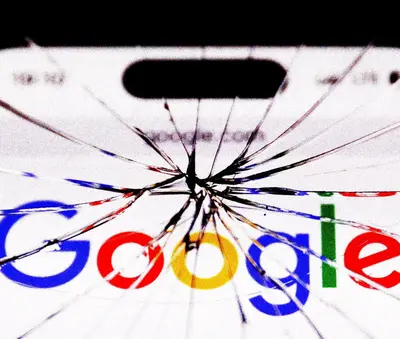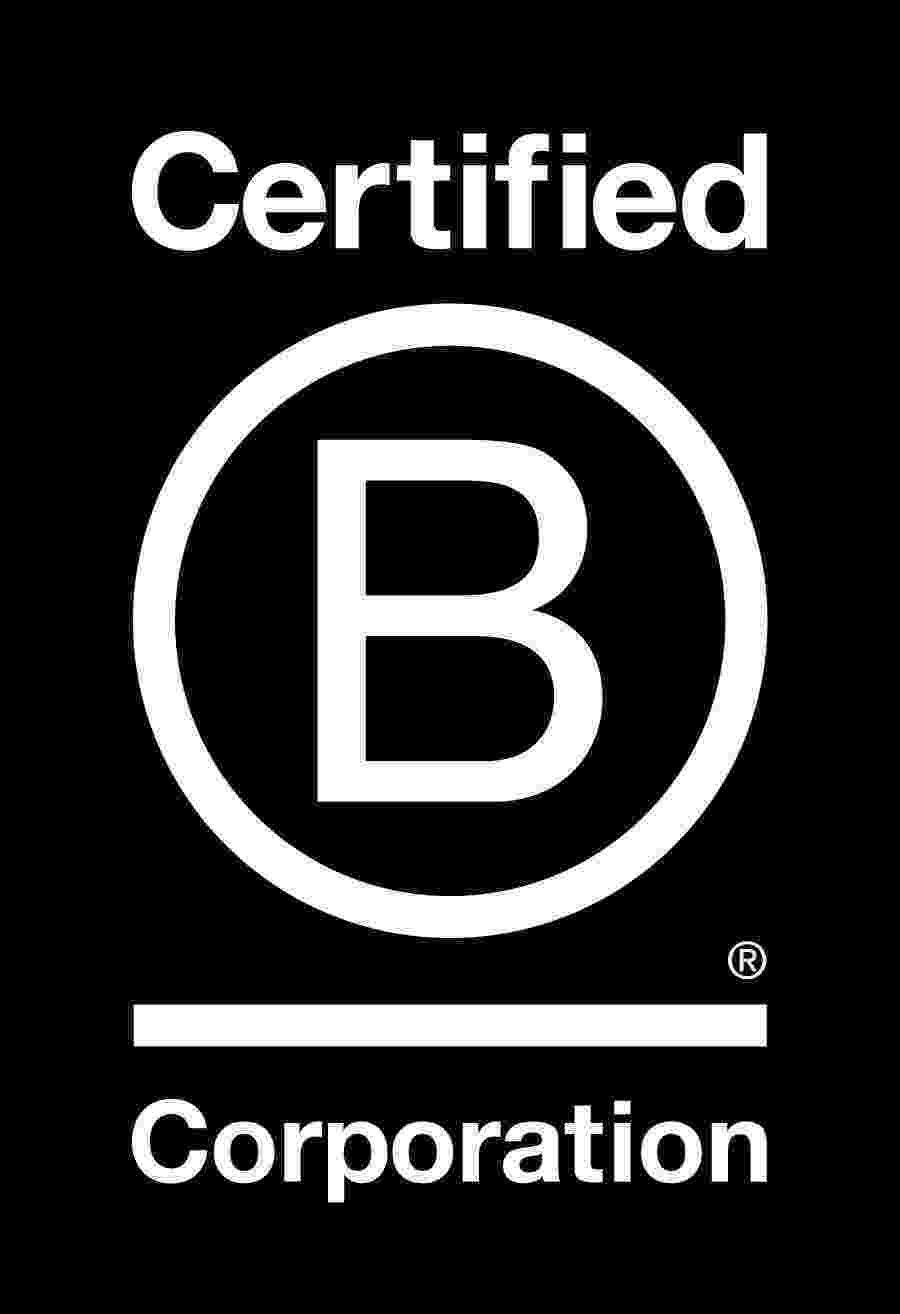Google Search: From Pinnacle to Peril as AI Takes the Stage

Remember when searching the internet felt like magic? You'd type in a question, and voilà - the answer appeared, clear as day. That was the golden age of Google Search, a time when the company's motto "Don't be evil" seemed to be more than just words. Let's take a journey through the evolution of Google Search and explore how it went from being the gold standard to facing unprecedented challenges in the age of AI.
The Glory Days
Back in the early 2000s, Google revolutionised the way we found information online. Their search engine was a breath of fresh air compared to the cluttered portals of the time. Google's success was built on a foundation of trust - users believed that the results they saw were genuine and unbiased. This trust wasn't unfounded. Google maintained a strict separation between organic search results (the ones that naturally rose to the top based on relevance and quality) and paid advertisements.
This commitment to integrity paid off handsomely. By 2010, Google had captured a staggering 90% of the search engine market. People weren't just using Google; they were "googling" - the brand had become a verb! The company's influence was so profound that even Google employees were sometimes in awe of their own product.
A personal anecdote illustrates this point nicely. In 2010, I had the pleasure of conducting a training session on Search Engine Optimisation (SEO) for the Google New Zealand team. Imagine that - teaching Google about SEO! This was before Google started offering its own optimisation tools and training in 2012. Even then, the exact workings of Google's search algorithm were a closely guarded secret, but the separation between organic and paid results was crystal clear and respected by all.
The Winds of Change
Fast forward to 2024, and the landscape looks dramatically different. The once clear line between organic search and advertising has become blurred, leaving many users confused and frustrated. This shift didn't happen overnight, but rather through a series of gradual changes in Google's leadership and priorities.
A pivotal moment came in 2019 when Prabhakar Raghavan took over both Google's search and ads teams. This move raised eyebrows among industry insiders, who saw it as a potential conflict of interest. Raghavan's appointment came after warnings from Google veterans like Ben Gomes about the risks of prioritising "growth" over quality. Unfortunately, these concerns seemed to fall on deaf ears, and Google's reputation for delivering high-quality search results began to decline.
The Legal Bombshell
As if these internal challenges weren't enough, Google was hit with a major legal setback on 5 August 2024. A U.S. court ruled that the tech giant had engaged in illegal monopolistic practices, violating antitrust laws by spending billions to maintain its dominant position in the search market.
This ruling sent shockwaves through the tech world. It opened the door for a potential breakup of Alphabet, Google's parent company, and highlighted the lengths to which Google had gone to maintain its monopoly. To put it in perspective, Google spent a whopping $26.3 billion in 2021 alone to ensure its search engine remained the default option across various platforms.
The Cluttered SERP: A Sign of the Times
If you've used Google recently, you've probably noticed that the search results page isn't as clean and straightforward as it used to be. Today's Google Search Results Page (SERP) is a busy place, filled with shopping ads, paid links, and various features that can make finding relevant information feel like a treasure hunt.
This cluttered experience isn't just a Google problem - it reflects broader changes in the internet landscape. The web is now flooded with spam, affiliate marketing content, and AI-generated articles, making it harder for truly authoritative and relevant information to shine through. Remember when the top search results were almost always from respected experts or authoritative sources? Those days seem increasingly distant.
The AI Challenger Approaches
As Google grapples with these issues, a new threat is emerging on the horizon: AI-powered search tools. Platforms like ChatGPT, Perplexity, and the upcoming SearchGPT are offering users a more intuitive and conversational search experience. These AI assistants can understand context, provide detailed explanations, and even engage in back-and-forth dialogue to clarify queries.
This shift towards AI-driven search is highlighting the limitations of Google's traditional approach. Users are beginning to expect more than just a list of links - they want direct answers, explanations, and the ability to dive deeper into topics without constantly reformulating their searches.
The Bottom Line: Financial Implications
Google's shift towards prioritising ad revenue over search quality isn't just a user experience issue - it could have serious financial consequences. While advertising remains a massive revenue stream for the company, the declining quality of the search experience could lead to decreased user engagement and, ultimately, lower ad effectiveness.
If users start flocking to alternative search tools that offer better experiences, Google could see significant drops in both engagement and ad revenue. It's a delicate balancing act, and one that Google needs to get right to maintain its dominant position.
Looking to the Future
Google isn't taking these challenges lying down. The company is investing heavily in AI technologies like its Gemini project, aimed at improving search functionalities and keeping pace with emerging competitors. However, regaining users' trust and restoring the search engine's former reputation won't be an easy task.
The future of search is likely to be more diverse, with a range of specialised tools and AI-driven platforms catering to different user needs. Google's ability to adapt to this changing landscape will be crucial in determining whether it can maintain its leadership position in the world of search.
Ethical and Regulatory Considerations
The recent antitrust ruling against Google has brought regulatory and ethical issues into sharp focus. Questions about transparency, user privacy, and the ethics of manipulating search results for commercial gain are now at the forefront of public discourse. As governments around the world increase their scrutiny of Big Tech companies, Google and its peers will need to navigate a complex regulatory landscape while still innovating and competing in a rapidly evolving market.
In Conclusion
Google's journey from search pioneer to its current crossroads is a fascinating case study in the challenges of maintaining technological leadership. The rise of AI-driven search presents both a threat and an opportunity for Google. The company's ability to balance innovation, user experience, and ethical considerations will be key to its future success.
As users, we're living through an exciting time in the evolution of search technology. Whether Google can recapture its former glory or whether new players will reshape the search landscape remains to be seen. One thing's certain - the way we find information online is changing, and we're all along for the ride!


